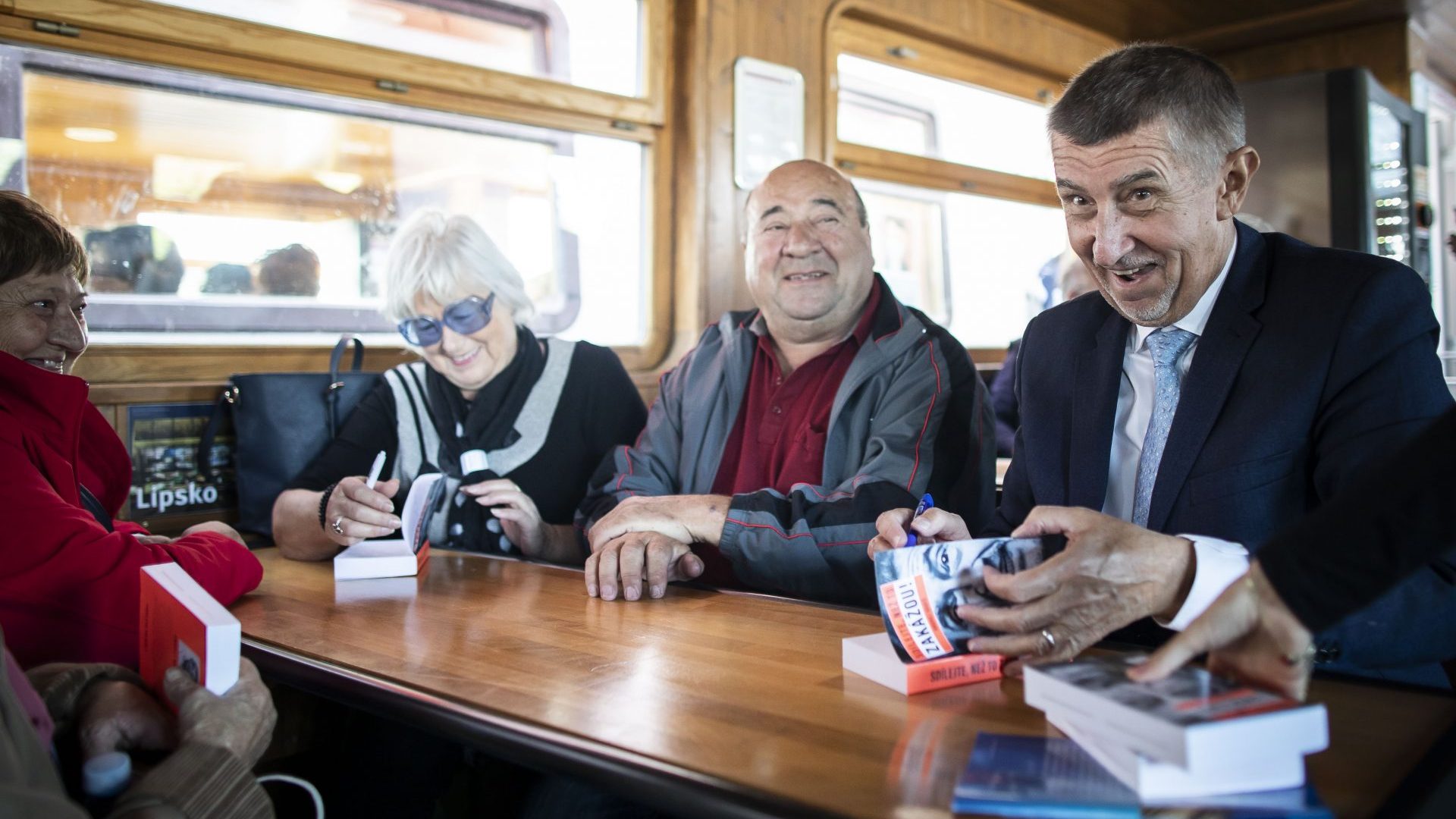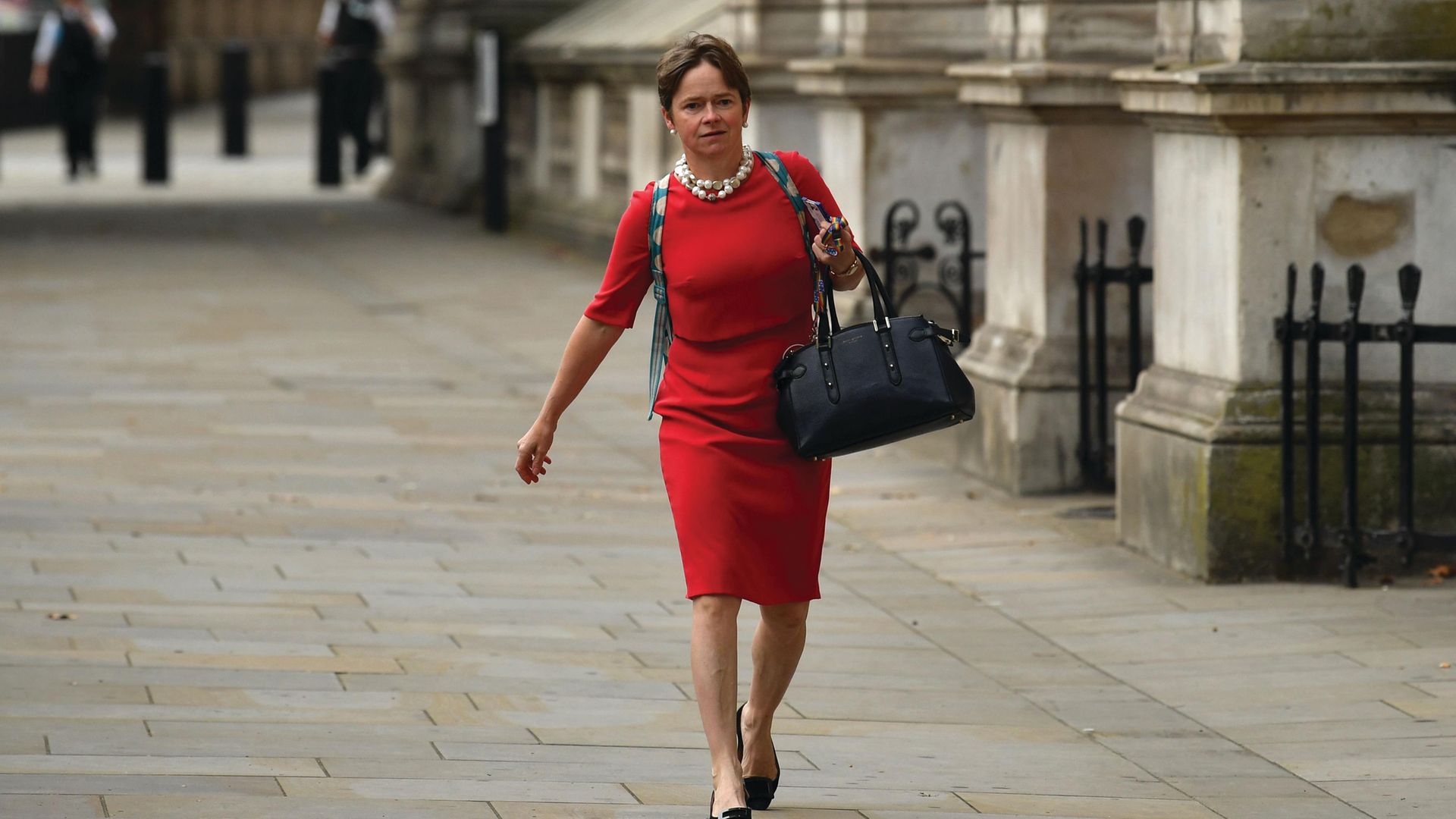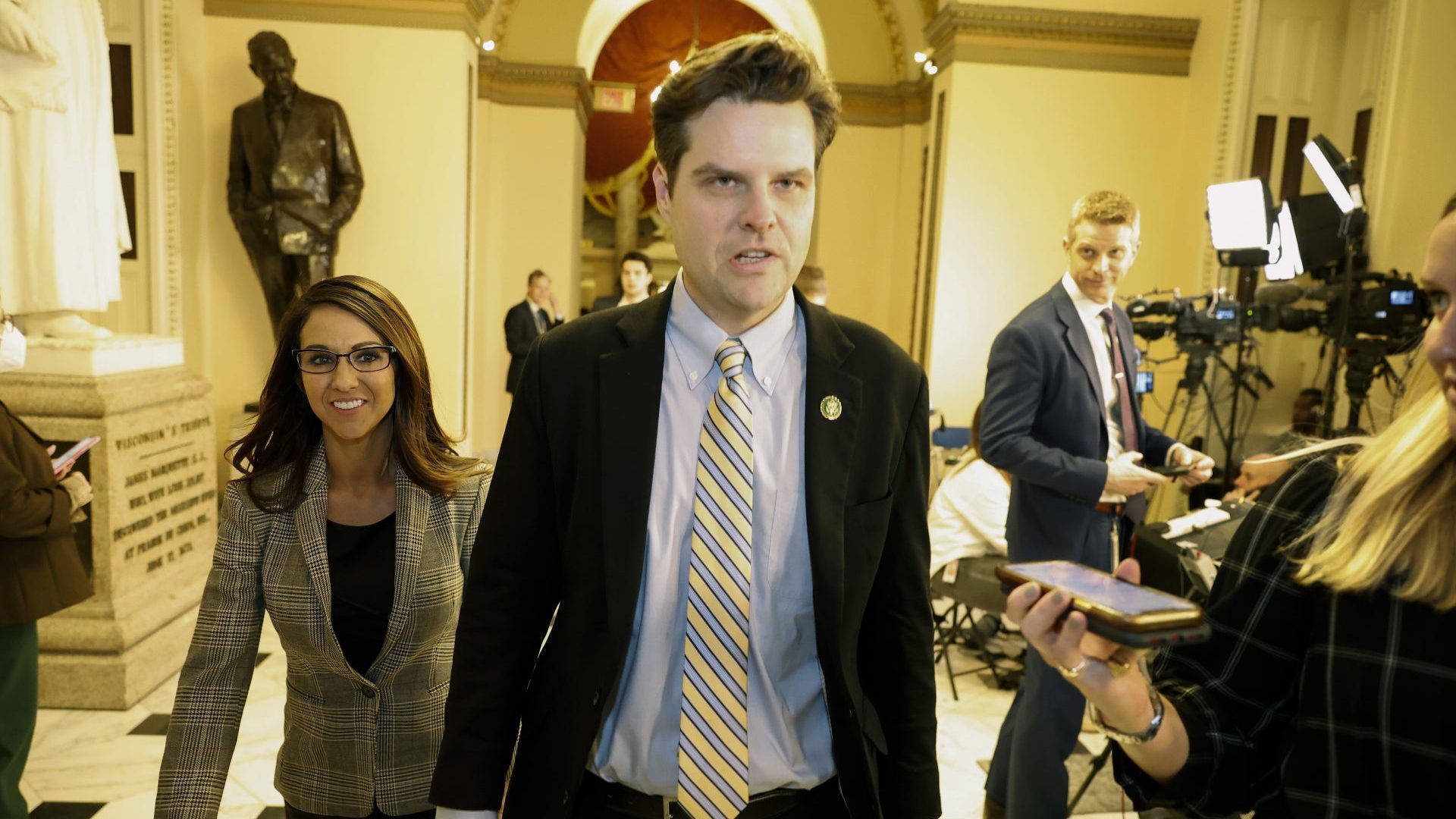One country in the heart of Europe is about to make a decision that will affect the entire continent – and yet the moment has so far made few headlines beyond its borders. In a few days’ time, the Czech Republic goes to the polls to choose a new president.
Why should elections for a head of state with circumscribed powers in a small to medium-sized central European state be so important? Because it will end up a straight choice – as has often been the case in the last six or so years – between a dangerous populist and one of two politicians of the mainstream. It is happening at a time of maximum economic dislocation and geo-strategic tension.
Victory for Andrej Babiš, a former prime minister, would provide a huge boost to those who are looking both to undermine democratic institutions and to scupper international support for Ukraine. Vladimir Putin is looking on at events in Prague with no little anticipation.
There have been four previous presidents since the Velvet Revolution that toppled Communism in the former Soviet bloc in 1989. The most famous incumbent was the first, none other than Vaclav Havel, between 1993 and 2003. Unlike other dissidents such as Hungary’s Viktor Orban, however, the late playwright did not subsequently lurch into right-wing authoritarianism.
Yet just as with Hungary, Poland, Slovakia and so much of Europe over the past decade, the Czech electorate is deeply split between the younger, more urban and pro-Western half, and those looking for easy solutions and cleaving to authoritarian certainties of old.
There are nine candidates in total, but only three have a chance. In a mirror of the French electoral system, if none of the candidates achieves 50 per cent in the first round (and each is currently ranging between 25 and 30 per cent), then a run-off will take place on January 27 and 28.
The three favourites are: Petr Pavel, a retired army chief; Danuše Nerudová, a former university head and the first woman to get close to high office in the country – and Babiš. Pavel is the relatively safe pair of hands; Nerudová is the young and fresh face; Babiš is Babiš is Orban is Erdogan is Bolsonaro is Trump.
Each embodies different notions of Czech identity; they all have “previous” that has damaged their campaigns. Many Czechs see Babiš, by far the best-known of the candidates, as uniquely unfit to take up office in Prague Castle. His four-year term as prime minister between 2017 and 2021 saw societal divisions sharply increase. His victory now would set back the cause of European cohesion over Ukraine and other issues, as he would form a bloc with Orban at the heart of the continent.
Babiš has been the subject of a seven-year investigation, accused of defrauding the European Union by taking subsidies for a luxury leisure resort called Stork’s Nest through an agricultural conglomerate. Even though the sum, €2 million, is loose change for a billionaire, and the details are somewhat convoluted, the accusations have dogged his political career since they were first levelled in 2015. The case finally made it to court, with the state prosecutor calling for a three-year suspended prison sentence and a fine. A verdict was reached on Monday, days before the first round, with the municipal court dismissing the charges.
For Babiš the result was cause for double celebration. It boosts his chances of a comeback victory and, if he does win, he would secure immunity from prosecution – just in case anything else cropped up. A number of observers think that has been his prime motive all along. They also fear that the prosecution was at best a distraction, at worst it has reinforced the ubiquitous populist notion of the “dark state” at work.
Babiš’s supporters see him as an everyman figure hounded by hostile media – a curious position to take given his wealth and his ownership of several national media titles through a trust fund. As with the likes of Trump and Bolsonaro, he is adored by those who adore him, some of the more vulnerable in society who believe he has their interests at heart.
The October 2021 parliamentary elections showed an electorate deeply split, but it also showed that Babiš and his new ANO political party can be beaten, particularly when his opponents can unite. His successor as prime minister, Petr Fiala, has vowed it his “duty to fully support” Ukraine and push back against authoritarianism.
By contrast, the outgoing president, Miloš Zeman, has long had a soft spot for both Putin and for China’s Xi Jinping. Zeman’s economic advisor, Martin Nejedlý, was the founder of Lukoil Aviation Czech, a now-liquidated subsidiary of the second-largest Russian oil company Lukoil. His apparent love for the Russian president was seemingly revealed by having Putin’s face on the home page of his mobile phone.
According to pollsters, Babiš can count on the unequivocal support of a third of the electorate. The issue is whether he can win over enough waverers to get him over the line. Another third of voters are said to be undecided and could be influenced by a series of TV debates in the coming days and weeks.
His rivals have fought solid but uninspiring campaigns. Pavel, a former chief of the defence staff and highest-ranking NATO official from the former Soviet bloc, is running on the unsexy slogan of “bringing order and calm”. He is open about his membership of the Communist Party prior to the Velvet Revolution, claiming he had no choice: he had to join to advance his military career. Others are not so sanguine, suggesting he was more closely affiliated with the regime than he admits, claiming he was in fact trained to be a spy in Western countries.
NATO appears not to have been particularly phased by him, appointing him to the leadership of its military committee from 2015 to 2018. In any case, similar accusations of working for the secret services are levelled at Babiš.
The one entirely new broom is Nerudová, an economist and outgoing rector of the Mendel University in the second city, Brno. She would be the country’s first female president (the Czech Republic has never had a female prime minister either), and its youngest-ever head of state, at just 44. Like Pavel, she is strongly pro-western, and she is especially popular among young voters thanks to her views on LGBT+ rights and the green energy transition.
Her rise has been remarkable, given that barely six months ago polls gave her well below five per cent of the share. Her campaign has been inspired in part by the surprise victory of Zuzana Čaputová, a similarly young and pro-western female candidate, in presidential elections in neighbouring Slovakia in 2019. In the latter part of 2022, Nerudová benefited from her image as a younger, liberal pro-Western politician untainted by the communist past. Then she too was hit by scandal, or rather media reports of plagiarism during her time at the university.
Fiala has given the two anti-Babiš candidates only tepid support. Meanwhile, a demonstration organised for last Sunday outside Prague Castle (the seat of the president) and entitled “We Will Complete the Change: a Democrat at the Castle” did not produce the numbers organisers were hoping for.
It is close to inconceivable that one of the candidates will win outright in the first round, setting up a battle royal for the final round later in the month. In the unlikely event of Babiš failing at the first hurdle, the race is said to be neck and neck between Pavel and Nerudová, with the military man the slight favourite.
If Nerudová loses out in the initial stage, two of the big beasts of the Communist era – one staunchly pro-NATO, the other the opposite – will fight it out. If Pavel loses this week, Babis is predicted to fight a brutal campaign against the female candidate.
In Brussels and Washington, as well as in Moscow and Kyiv, governments are watching developments closely. Although the head of state role is largely ceremonial, the president represents the country abroad, negotiating and ratifying international treaties. He (or she) is also head of the armed forces and appoints judges to the constitutional court and members of the council of the central bank.
The Czech Republic, like other countries in the region, contains a combustible mix of social conservatives and liberals, adherents to democracy and those who look at it with suspicion, those who retain an affection for their former Soviet overlords and those who see their future with the West. As Bolsonaro, Trump and Orban have shown, the potential for constitutional mayhem and instability is considerable.




